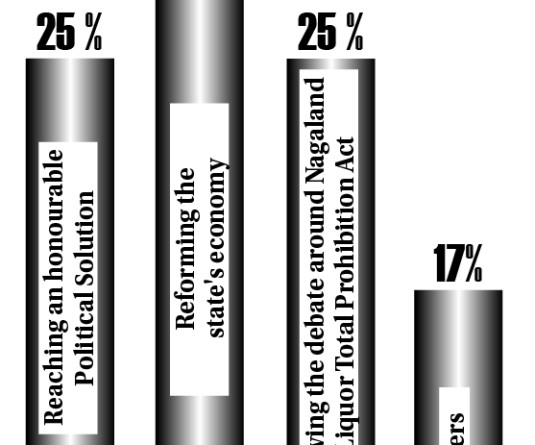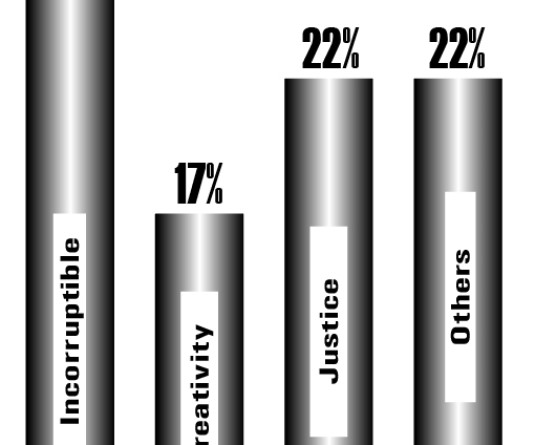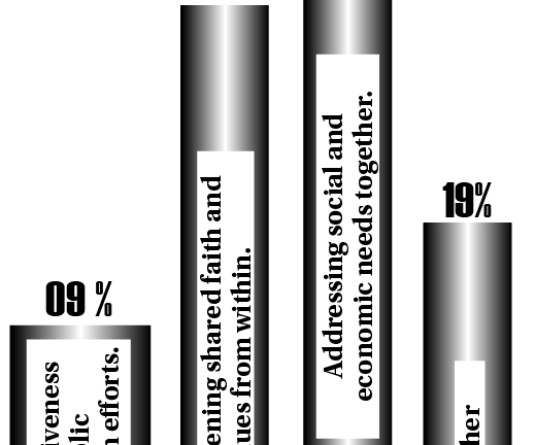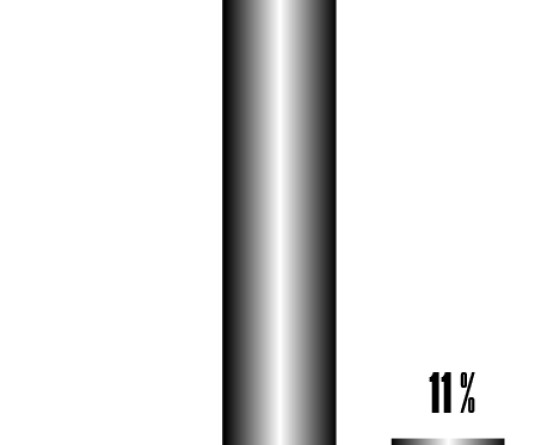
• Everyone has witnessed the surge in substance abuse in Nagaland for the past three or four years and has taken its toll on the users and families and society. The issue in Nagaland is that people don't see women as drug users we see drugs as a men's problem. What the government should do is build rehab cum counselling centres prioritising gender balance in every district. The church should educate its members morally and spiritually and encourage them to develop resilience and the ability to make positive choices in the face of bad influences. Civil society and the public has the most paramount and pivotal role in this problem. It is conspicuously evident that women are stigmatised in this regard as well. Civil societies should raise awareness about the unique challenges faced by women drug users such as gender based violence, social stigma, and discrimination. Civil society can advocate for development and implementation of gender responsive programs and services. The broader public can contribute by promoting empathy and understanding and advocating for policies that prioritise gender sensitive approach. By fostering a culture of acceptance and support, the public can contribute to reducing barriers and facilitating assess services for women drug users. The collective efforts of all party concern will ensure women receive gender sensitive services that address their unique needs, rights and aspirations while empowering them to live healthy and fulfilling lives.
• Focus on men first then everything will be okay. Do not go "WOKE" giving importance and focusing only on particular thing, ie women. Women are suffering more because of gender equality and women empowerment. You want to help women first help MEN.
• For some of us who are not aware of Gender sensitivity- it is the awareness of the other sex without presumption, discrimination, stereo typing etc. As challenging it may sound, the collective effort of everyone makes life worth living. Few simple suggestions:
1. State Government- People in power should understand that the power vested on them should be utilized in a holistic approach. The state can enact laws and enforce drug regulation. Establish a framework for the legal use of certain drugs, such as prescription medications. State can also impose penalties for drug- related offenses. Educating and making the public aware that treatment is available since many do not have proper knowledge about their diseases. Invest on Building proper treatment institutions/rehabilitation centers which provides careful intervention and highly skilled methods to tackle the problem.
2. Church – What we fail as a church is that we often judge them (substance abuse) but what we can do is foster a community where they feel heard, accepted and make them feel they still belong; despite their illness. The churches can also collaborate with the existing rehabilitation centers where they can provide counselling programs, keeping in mind the ethical principles of non- judgmental attitude towards the individual.
3. Civil society- Inter- disciplinary groups play a crucial role in fostering collective ideas and creative approach in countering challenges as this in a collaborative manner. For example, people in the research field can help in surveying and identifying the number of drug users in each state. Whereas professionals working in healthcare settings, can use that information and offer integrated care by addressing both substance abuse and co-occurring disorders that can result in fatal outcomes.
4. Public – As a public, it is important to note all the above mentioned and be aware of existing issues and how collectively we can help them achieve. Similarly, spreading of false information of others can also result in partaking in increasing the problem. Therefore, as a responsible public, the simplest thing for us to do, is to make them aware of the above suggestions and create a community
• Providing them platforms for one on one counselling and by counselling, the counselors should be ones who listen more, ask more questions before applying the "local therapy" of just jumping to advice and counselling without even listening to the addict or victims. It should be a day to day affair and the counsellor should keep oneself updated patiently on their clients. A rather taxing ordeal but not impossible, considering the job they choose to pick. And also find ways to rehabilitate and accommodate them into productive schemes and programmes.






